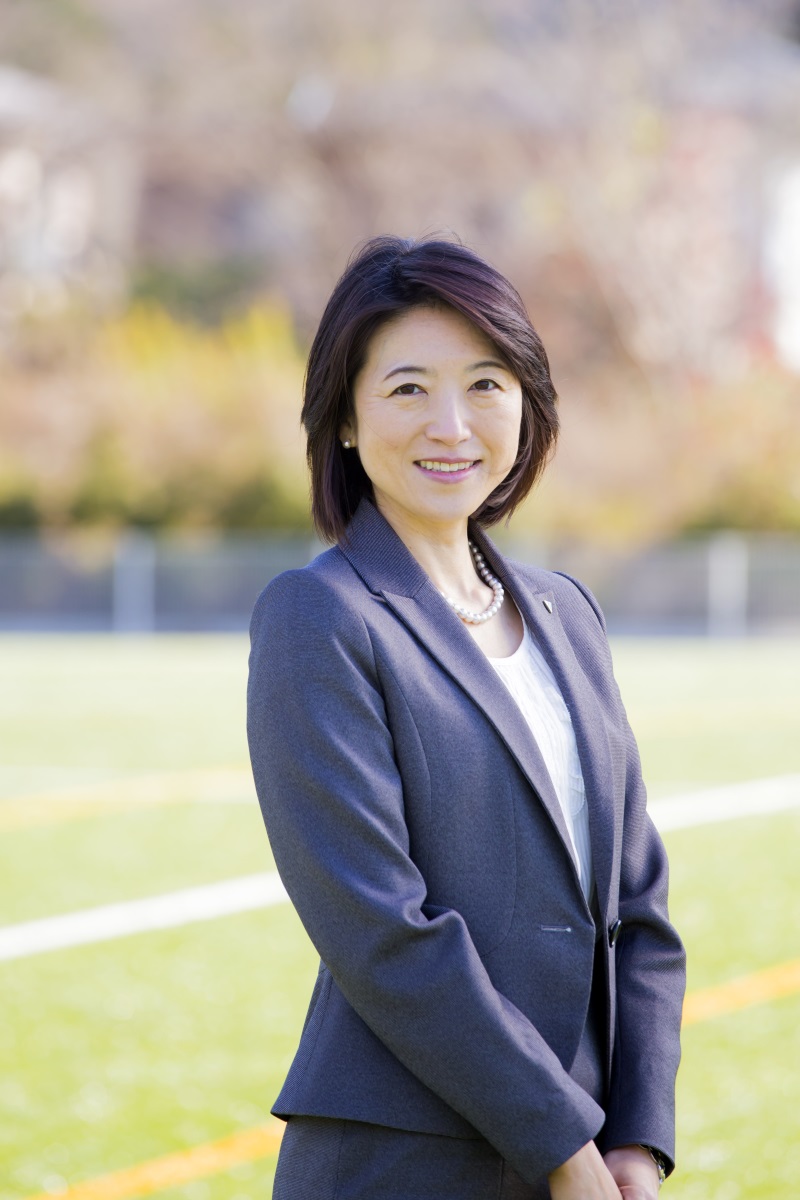Bio
Dr. Miwako Hosoda, Vice-President of Seisa University, has been doing her sociological research by observing human relations in the healthcare field. She is particularly interested in the coordination of people who are coping with medical health issues, healthcare policy and public participation. She graduated from the Department of Sociology, University of Tokyo, in 1992, and received an MA and PhD in Sociology from the University of Tokyo. After working as a research fellow for The Japan Society for the Promotion of Science, she studied at Columbia University Mailman School of Public Health and Harvard School of Public Health.Then, she joined Seisa University from 2012.

